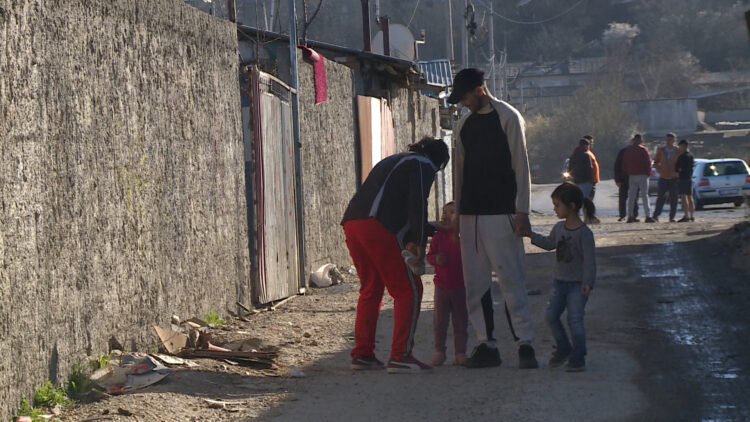CoE calls for urgently addressing challenges facing national minorities in Bosnia

In its fifth opinion, published today alongside comments from the authorities, the Council of Europe’s Advisory Committee on the Framework Convention for the Protection of National Minorities (FCNM) urges Bosnia and Herzegovina to address alarming trends and persistent challenges concerning the country’s 17 registered national minorities.
The Committee finds that the society remains deeply divided along ethnic lines, exacerbating political and rhetorical hostilities among its constituent peoples – Bosniaks, Serbs, and Croats. This division impedes the country's overall progress, including that of national minorities whose associations have not received state funds since 2020 due to the state authorities’ failure to adopt a budget.
The education system perpetuates ethnic divisions through segregated schools and disparate curricula tailored for each constituent group. The failure to address the complex history of the 1990s war and its biased teaching practices continues to hinder reconciliation efforts and fosters a climate where youth are increasingly inclined towards violence.
Persons belonging to national minorities continue to face discrimination in political participation and access to public positions, with key European Court of Human Rights judgments remaining unimplemented. This situation has eroded public trust in democratic institutions and governance, compounded by the lack of enforcement of domestic court rulings.
Emigration, particularly among young people seeking work or university education, is a key challenge for the country. The Advisory Committee finds that it disproportionately affects national minority communities.
The lack of adequate support for minority languages as well as high thresholds for use of minority languages with administration(s) and for education in these languages also hamper the implementation of the Framework Convention in a number of areas.
Despite being the largest national minority, Roma continue to experience discrimination and socio-economic marginalisation. The Advisory Committee acknowledges limited progress with the implementation of the new Action Plan in key areas such as housing, healthcare, education, and employment. Of particular concern is the state of preschool education, where a lack of systematic and quality-controlled approaches leaves many Roma children disadvantaged, contributing to higher dropout rates and poorer educational outcomes. Furthermore, the complex system of health insurance often excludes Roma from accessing essential healthcare services, disproportionately affecting women and girls.
In its recommendations, among others, the Advisory Committee urges the authorities to take immediate and decisive measures to implement a unified curriculum in schools to foster critical thinking and inclusivity; systematise the offer of preschool education; ensure the implementation of domestic court judgments related to discrimination against national minorities; conduct an analysis of the needs and interest of national minority members, which will serve as the basis for a national strategy for the protection and promotion of minority identities, cultures and languages; strengthen the role, statutory powers and proper funding of national minority councils; and conduct a comprehensive census to accurately assess the demographic composition and needs of national minority communities.
Kakvo je tvoje mišljenje o ovome?
Učestvuj u diskusiji ili pročitaj komentare





 Srbija
Srbija
 Hrvatska
Hrvatska
 Slovenija
Slovenija


























































